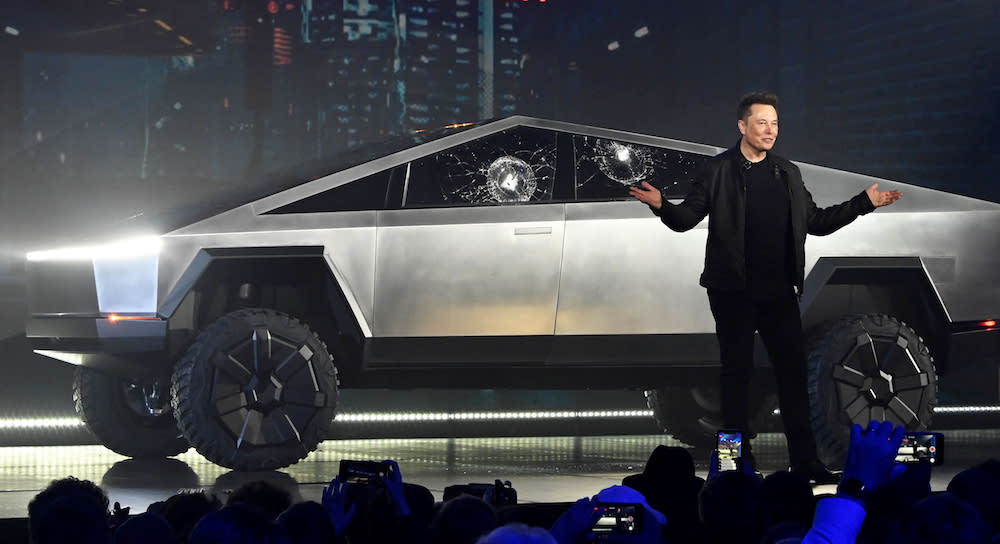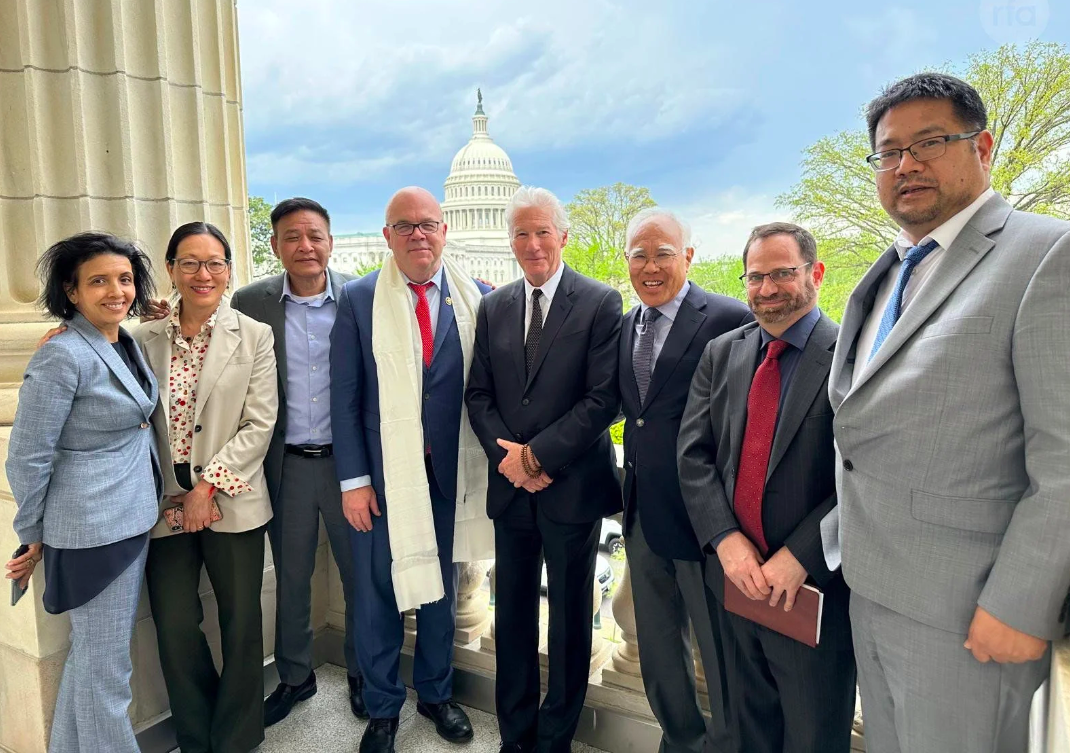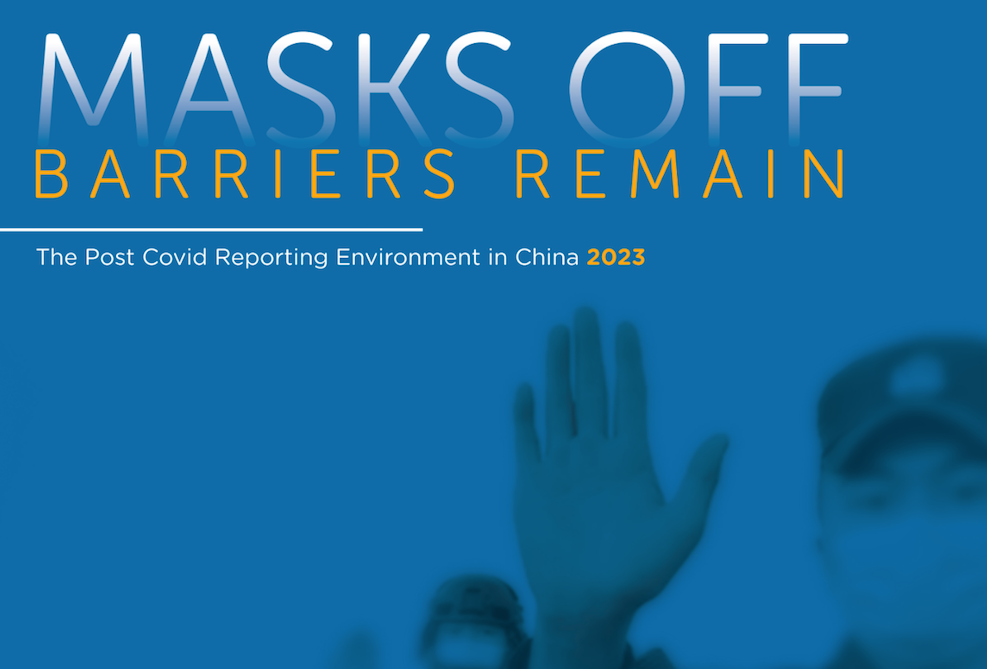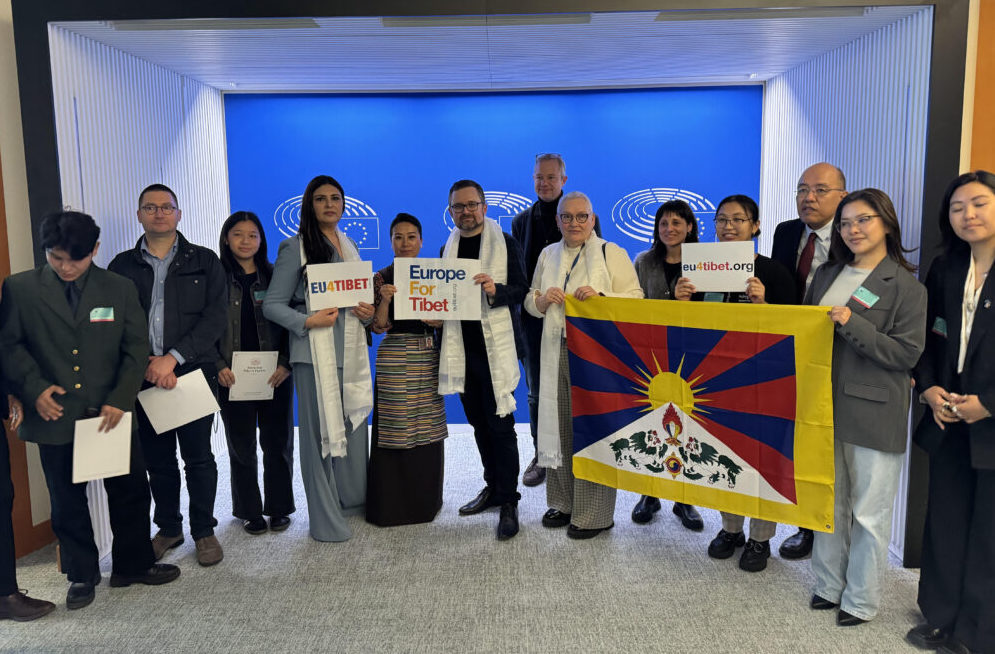DHARAMSHALA, Jan. 5: Elon Musk’s Tesla opened a new showroom in East Turkestan known prominently as Xinjiang, a region that has been at the centre of numerous reports on human rights violations and allegations of genocides. The pioneering electric car maker and AI giant took a dip in the East Turkestan market to test the waters of the new law- Uyghur Forced Labour Prevention Act, which requires companies to prove imported goods from China are free of Uyghur slave labour.
Ahead of the new year, Tesla announced the opening of its showroom in the colonised region of “Xinjiang” on its Chinese social-media account. Tesla, in the post, wrote, “In 2022, let us together launch Xinjiang on its electric journey!” Tesla’s China-based spokesperson was unavailable and couldn’t be reached for a statement, wrote WSJ.
Activists and trade groups have criticised Tesla and SpaceX’s billionaire CEO Elon Musk following the incident. The Council on American-Islamic Relations, an American organisation based in Washington, D.C., asked Elon Musk to close the showroom in East Turkestan and to “cease what amounts to economic support for genocide.”
Marco Rubio, Senator from Florida, quote-tweeting the Washington Post article, wrote, “Nationless corporations are helping the Chinese Communist Party cover up genocide and slave labour in the region.” The Republican Senator sponsored the bill, which journeyed through some resistance from multi-billion dollar corporations as Nike, Coca-Cola, Nike.
Rubio has previously tweeted that companies that have cleaned up their supply chains have nothing to worry about the new law. But that anyone who has not, cannot make Americans accomplices of genocide and atrocities anymore.
Many companies over the last year have publicly promised to manufacture their products free of slave labour. Many have also moved out from Xinjiang and China altogether. Samsung closed its last remaining plant in China. Apple has asked its manufacturing partners to move a significant percentage of manufacturing out of China. Gartner, one of S&P 500 companies, reported that a third of supply chain leaders had plans to move parts of their manufacturing out of China, many citing ongoing human rights issues in China’s colonised regions.
But China’s market and economic leverages are still to be reckoned with for many companies. Intel, the US chipmaker, issued an apology to the Chinese people after the company asked its suppliers to avoid sourcing parts from East Turkestan.










